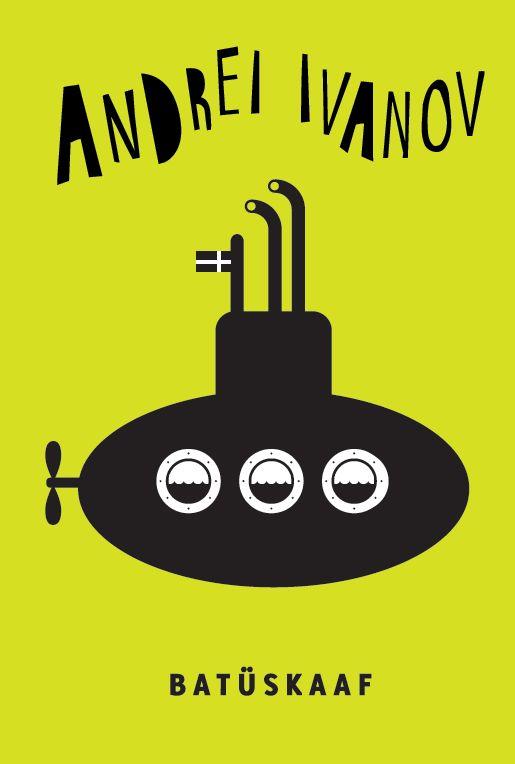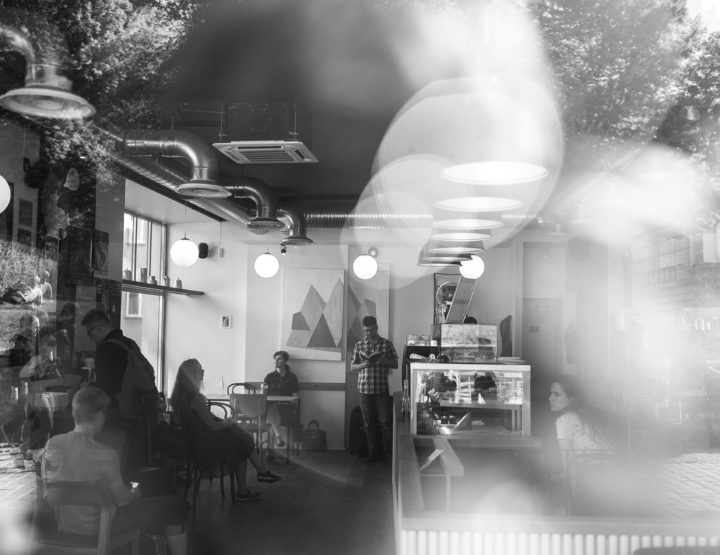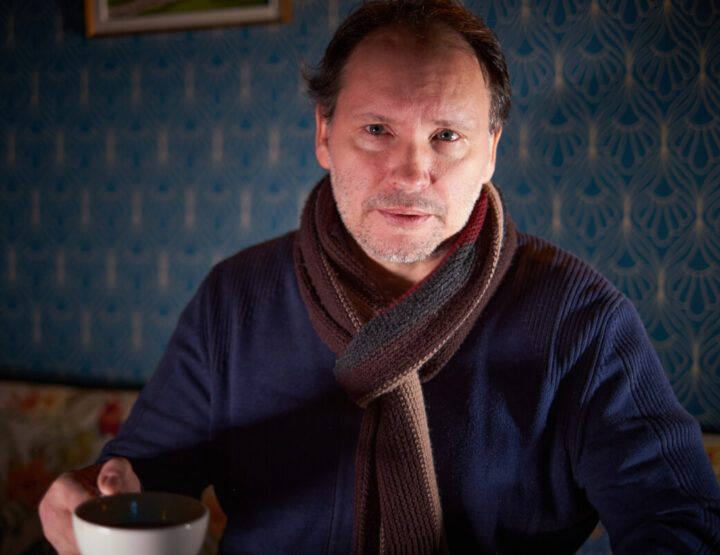Andrei Ivanov, Batüskaaf (Bathyscaphe)
Tallinn: Tänapäev, 2017. 335 pp.
ISBN 9789949851713
Andrei Ivanov’s world cannot simply be read – it must be lived. The author lives it himself. Bathyscaphe, which is a prequel to Ivanov’s acclaimed Scandinavian trilogy, is a vivid example of his life-centric aesthetic principles, with their endless gaze into the dark corners of Europe, all based on the author’s own experiences. It is an autopsychographical approach, to use Pessoa’s term.
Ivanov is a European writer above all. He doesn’t identify as an Estonian or a Russian, even though he lives in Estonia and writes in Russian. Having been legally stateless for decades, Ivanov maintains a very critical approach towards the absurdity of flawed integration policies. His works are clearly borne by the spirit of the European novel: Dostoyevsky-like desperation mingles with the uncompromising nature of Céline, traversed by an undercurrent of Cervantes. In terms of living Estonian authors, perhaps only Maarja Kangro writes as powerfully today; the closest literary link in the Russian Federation might be Marusya Klimova.
Ivanov’s characters are typically people whose decay in the urban alleyways of the West is more readily ignored by the mainstream: asylum seekers, former construction workers, and car mechanics, who become smugglers and drug dealers. Human traffickers and prostitutes, small-time document forgers and professional con artists, with a sprinkling of humanitarian intellectuals and promising engineers. They hail from forgotten backwater villages in Eastern Europe and somewhere in the dark corners of Africa and Asia, all seeking a life worth living and struggling to survive in any way they can meanwhile.
Bathyscaphe is set in Denmark in the 1990s: dark, low-hanging clouds and gusting winds, barren strips of peninsula and tiny islands where people are shuffled from one refugee camp to the next, scraping to make ends meet between government support payments, and anxiously awaiting replies to asylum applications. In the best-case scenario, they might come across a mindless odd job offered by someone’s uncle or the friend of a friend. They travel from Copenhagen to Frederikshavn in search of a chemical fix to ease their strain, irrespective of the substances or the means. It is an attestation to contemporary Europe’s schizophrenic spirit: universal homelessness is not only a reality, but an endeavor.
Ivanov’s works constitute an incredibly feverish whole. They are suspended somewhere in the heights between hallucinations and everyday delirium: a journey into the dark abysses of consciousness and the unconscious, the shadows of which echo back every person’s failures. The author’s storyteller’s gaze is prophetically intense: with his soft irony and agile use of language, he is a true stylistic master.
Bathyscaphe is a wonderful door into the world of Ivanov’s writing. All of the author’s distinguishing characteristics are in full supply: his glowing, tragicomic core, and its sensuous sense of presence.
Oliver Berg (1990) graduated from the University of Tartu in literary studies. He has contributed literary reviews, short stories, and poetry to several Estonian
magazines. His debut novel Brother’s Love (“Venna arm”) was published in 2017 and was nominated for the Betti Alver Award for Best Debut.



